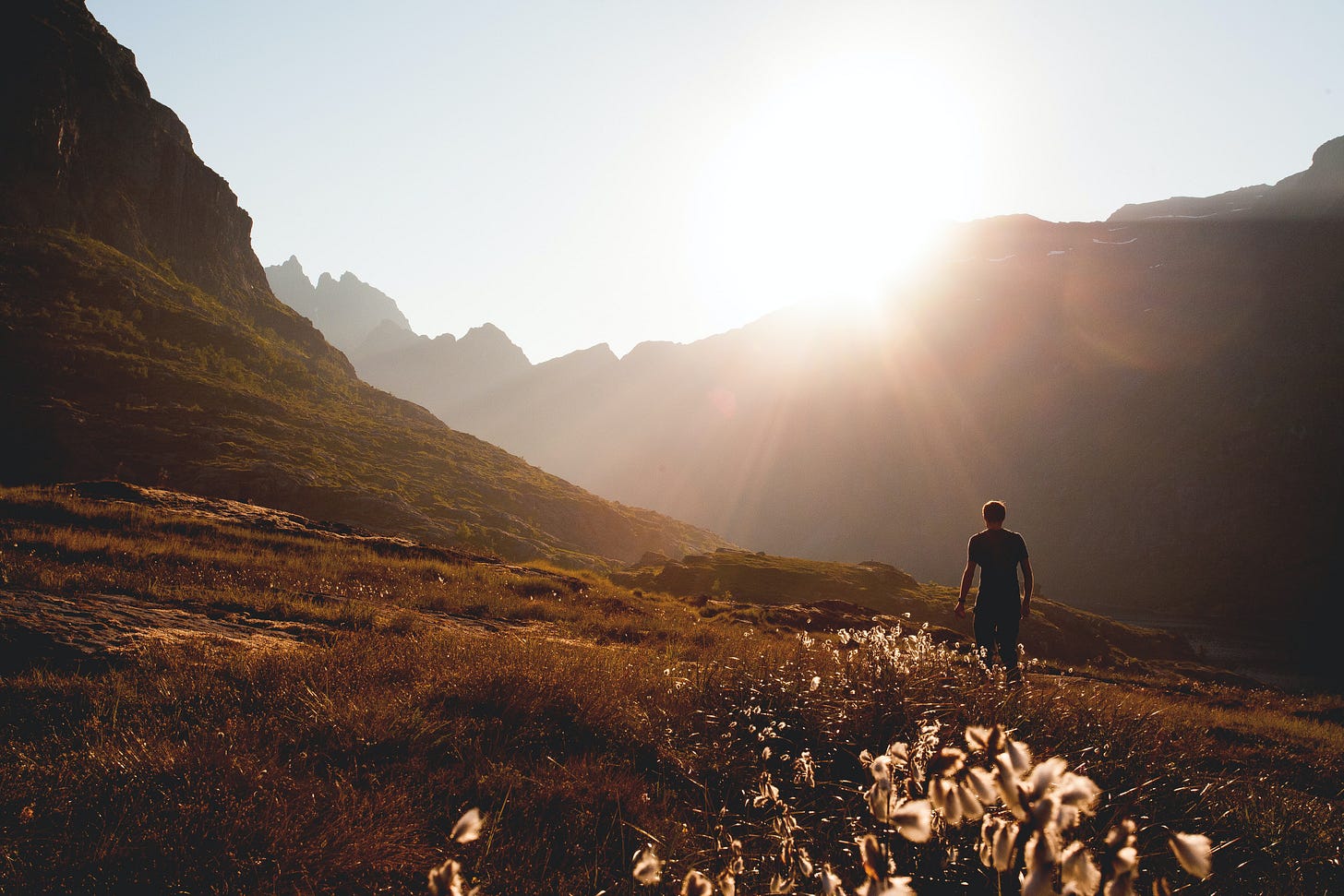Breaking in new shoes
On Sunday, Helanya and I flew back to Utrecht after a wonderful few weeks in South Africa. I had time to catch up with friends and colleagues, meet with students, organise the final ERSA Economic History workshop in Cape Town, and even play a two-day game of cricket. And, of course, do some shopping for the wintery months ahead, including four bottles of blatjang and new hiking shoes to break in during the next three months for a Camino walk I plan to do in May.
I must admit, I was skeptical of the sentiment I would encounter on my return to South Africa. The end of 2015 was not a great time for the country, most directly (for those of us residing in foreign countries, at least) reflected in the rapidly-depreciating currency. The president's expulsion of Finance Minister Nene, the prolonged protests at universities, and even the poor performance of the Proteas proliferated the pessimism. And the start of 2016, characterised by vitriolic social media slurs, seemed to not augur much hope that 2016 would be any better.
And then we returned and fell in love with our own people all over again. The food, the sun, the languages, the opportunities. Bright students with bright ideas. A we-are-the-change-we-want-to-see-in-this-world attitude. When I was a student, apathy in student affairs was the main issue of the day. Not anymore.
That is not to say that all is well. Even through our over-nostalgic senses, we could feel the disappointment in the status quo, the hunger for a better South Africa. Race is at the forefront of national debates again. As I wrote last year, the narrow focus on race distorts the 'remarkable story of courage, determination, perseverance and triumph-against-all-odds' that black South Africans have written since the end of apartheid. By focusing on race, whites are made a co-author of a story that is not theirs to tell. And this remarkable story of self-empowerment continues, although some would argue for more abbreviated chapters.
More can be done, of course, to increase opportunities for all South Africans. It would help if the patronage politics that have become so endemic are tempered – how, I don't know. It would help if we can encourage South Africans to start businesses that can sell to an outside world now eager to buy cheap South African products. It would help if we can provide quality education to kids that are currently excluded. But we should not dismiss the incredible achievements we have made too easily.
Yesterday I attended a workshop in Amsterdam. Some of the participants were from Sweden and Finland, two countries I have long admired for their open and innovative policies, and over lunch we discussed the immigrant situation across Europe. I knew, of course, about the rise in anti-immigrant sentiment, and the increase in right-wing activity, but I was surprised to hear about their own experiences: large anti-immigrant demonstrations that have strong racist undertones; academics receiving threats when they take a pro-immigrant stance; militias in the streets exercising mob justice.
It is easy to get pessimistic about South Africa when the State of the Nation is as fresh as a forgotten yogurt in a college dorm room. We have serious issues that need to be addressed fast. But we are not alone. Issues of exclusion, discrimination and repression exist in some of the world's most enlightened (and educated) countries, issues that are unlikely to be resolved soon and may spill over into even worse forms of exclusion and violence.
Our walk to freedom and social justice may be long and winding, but at least our shoes are already broken in.
*Photo by Dennis Ottink on Unsplash.


